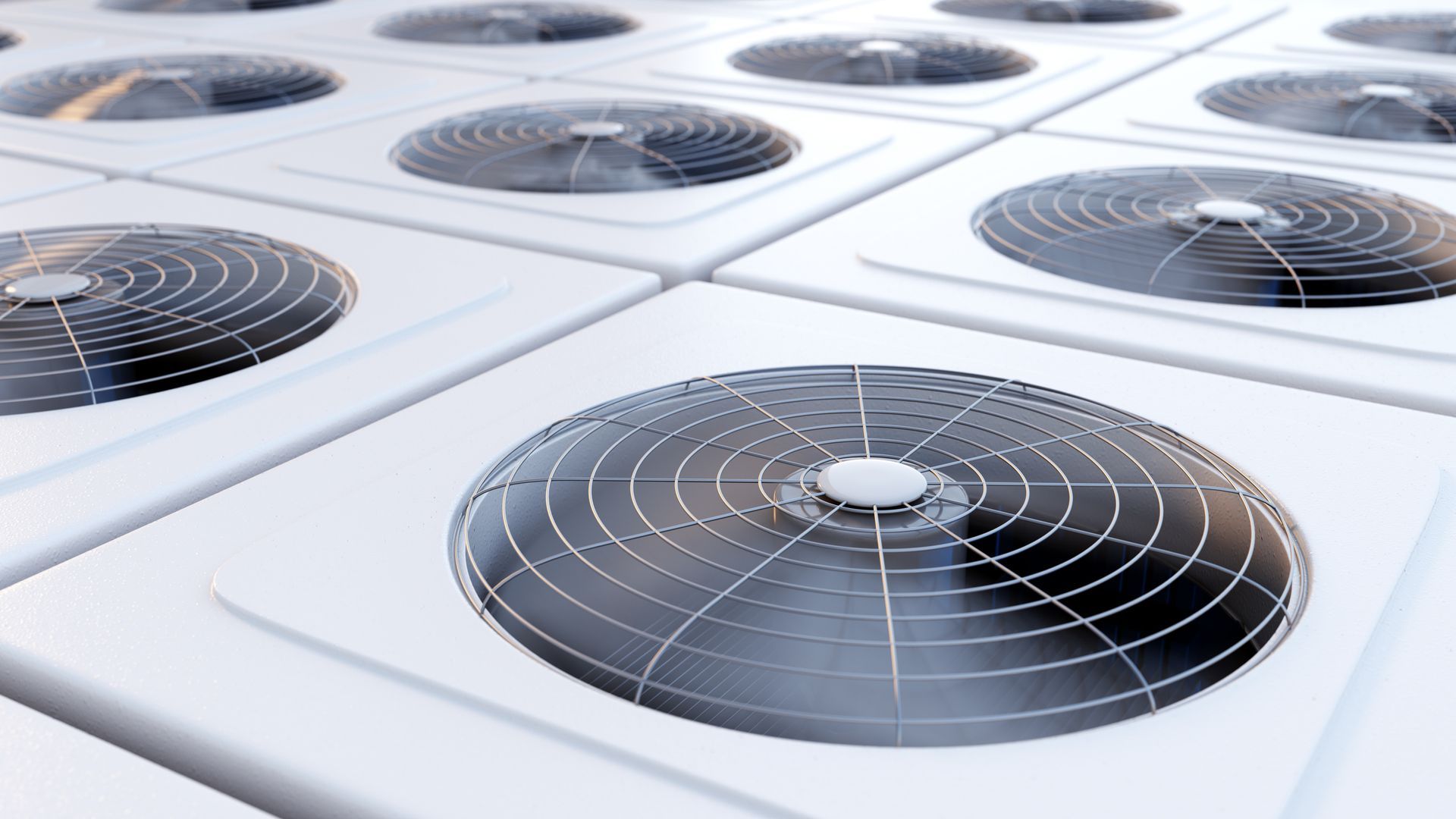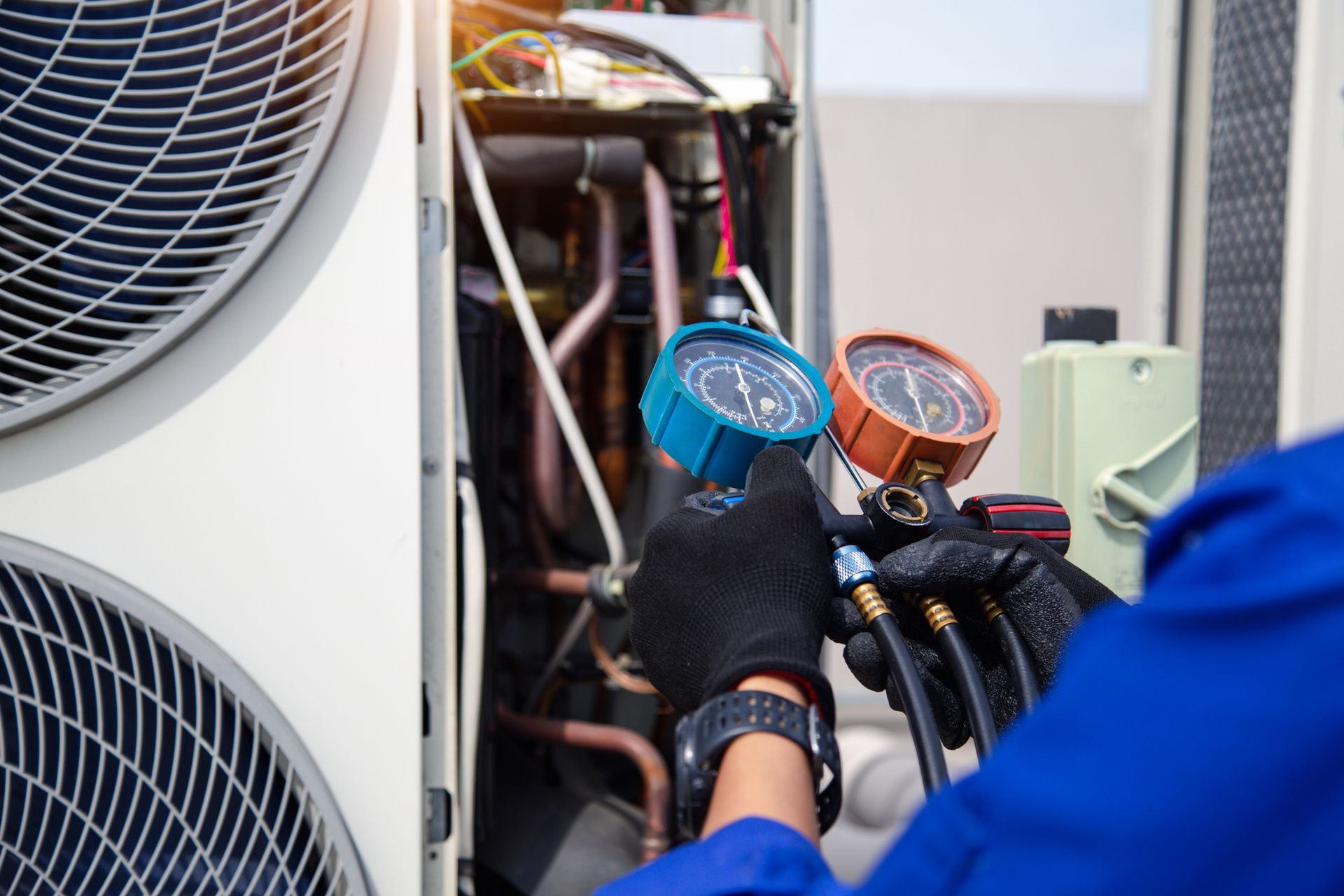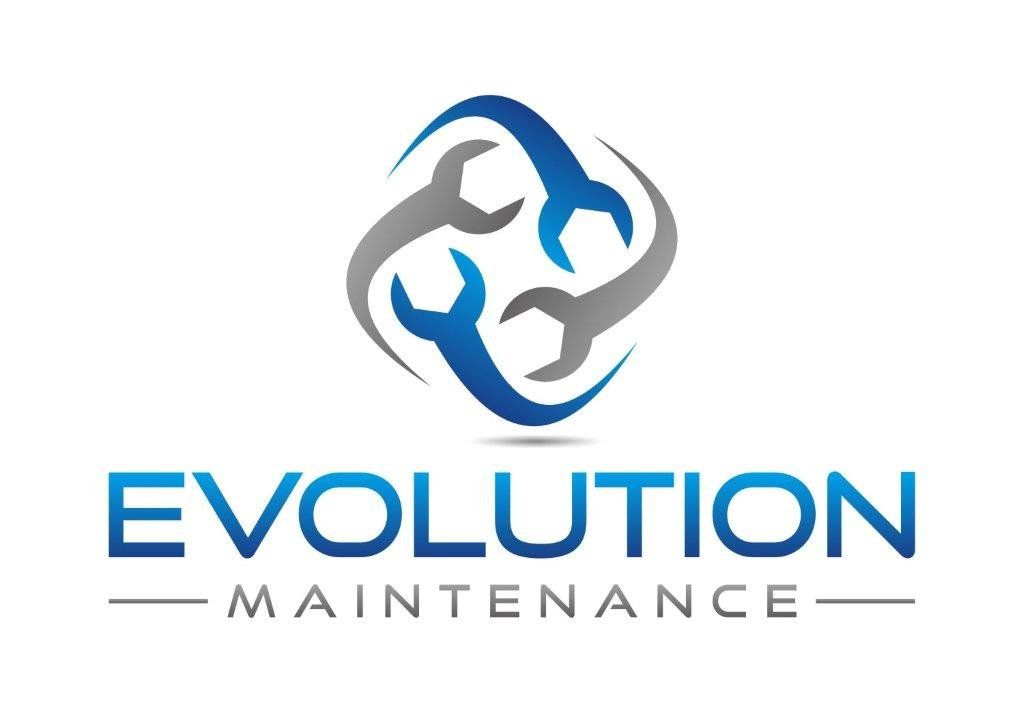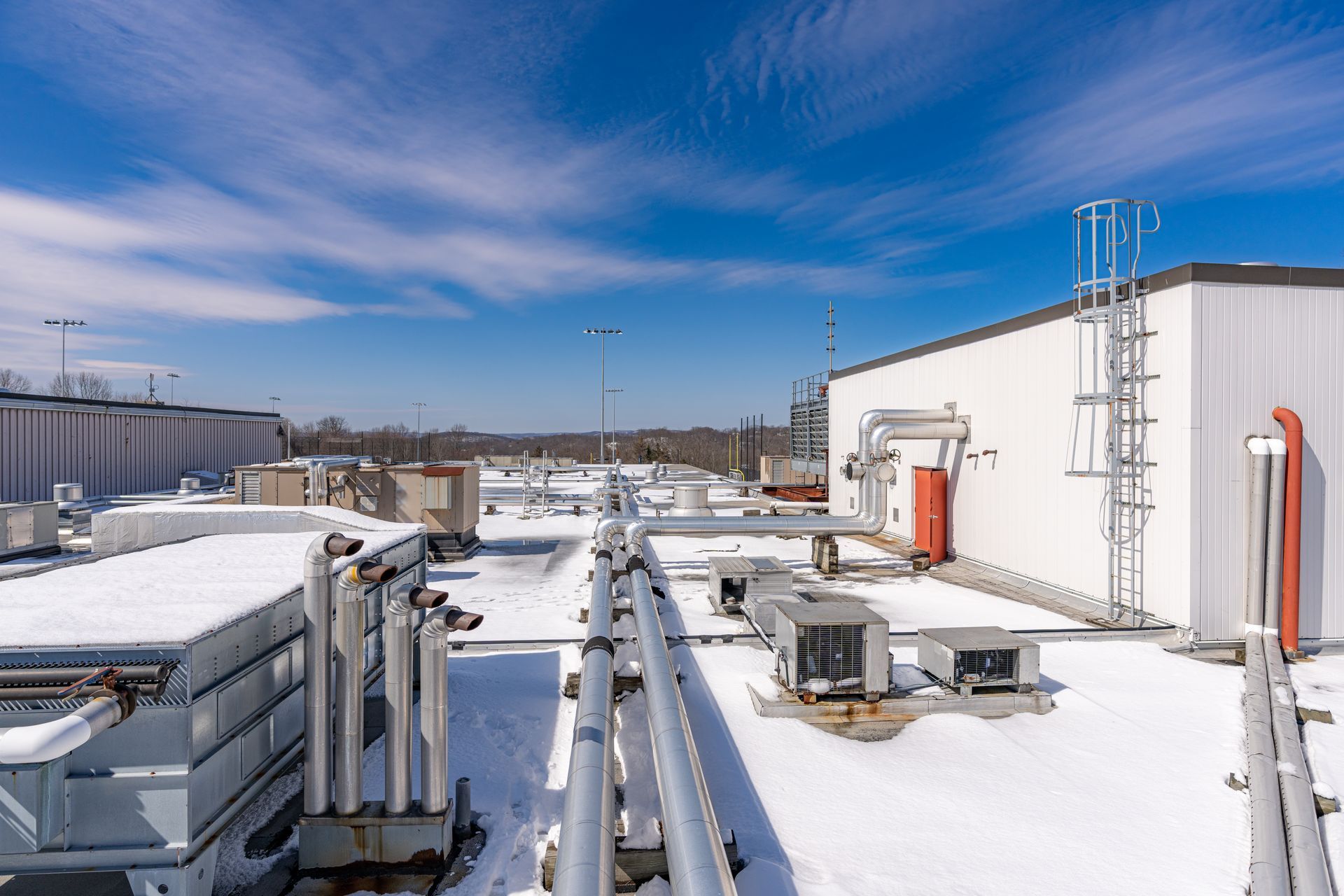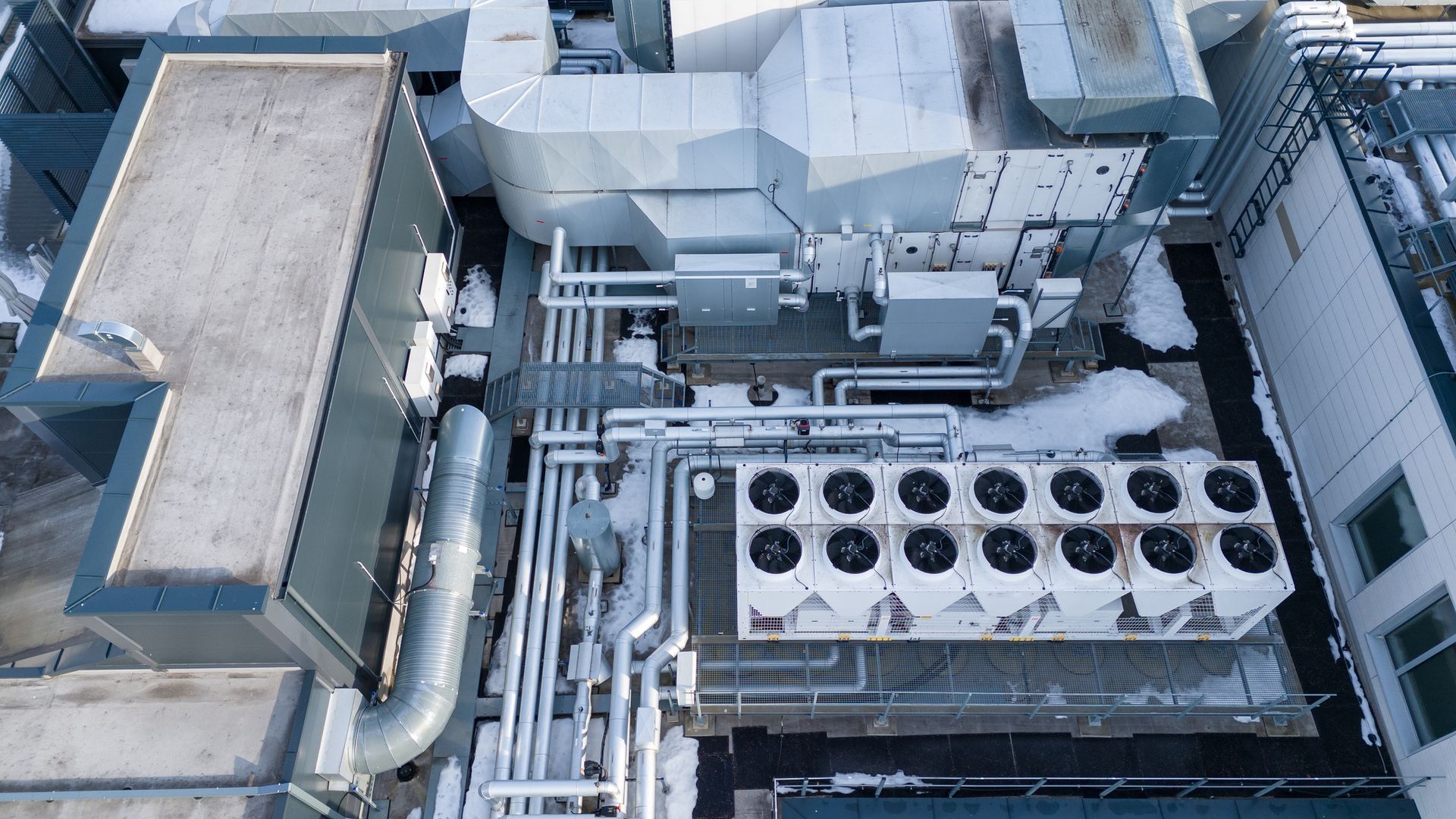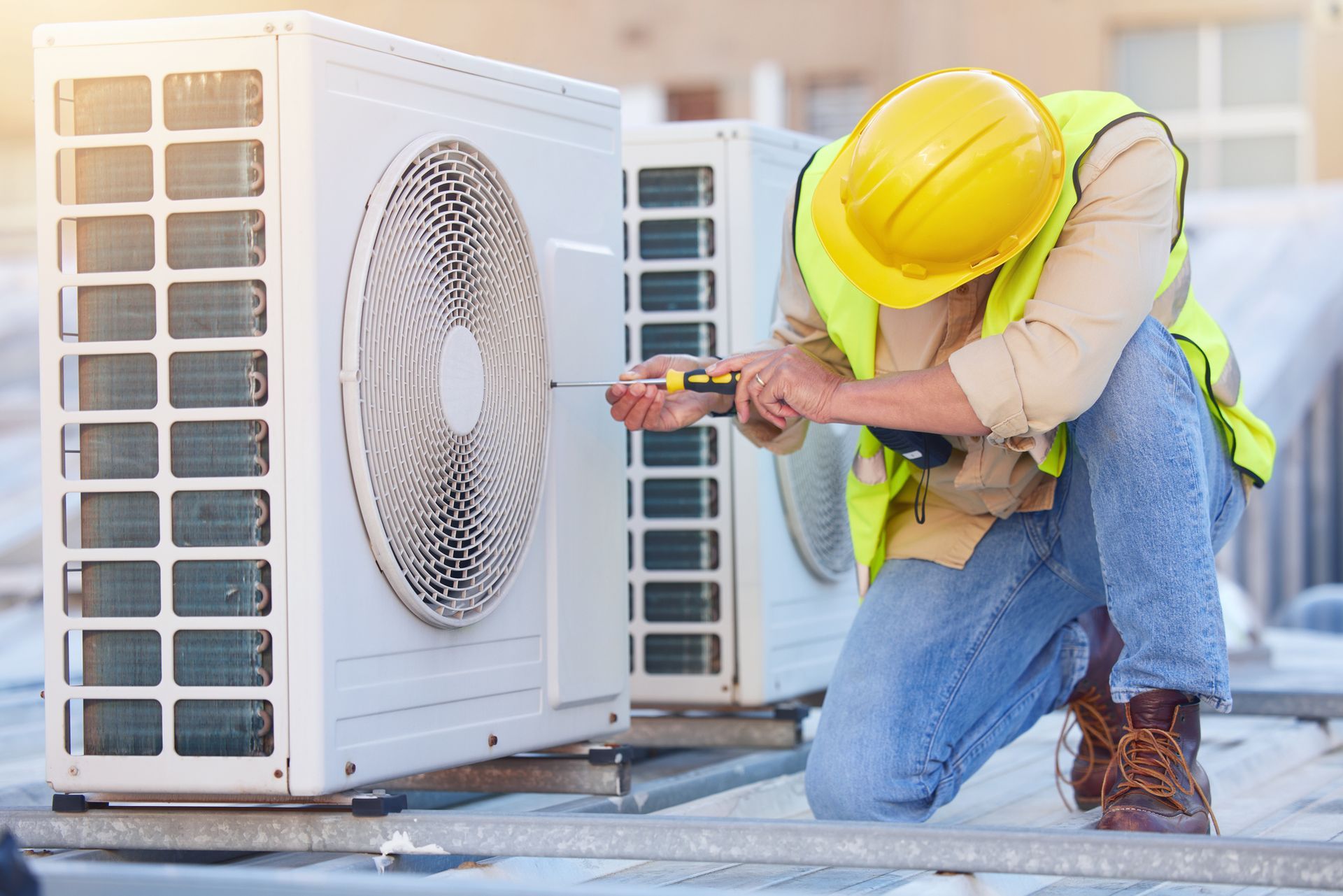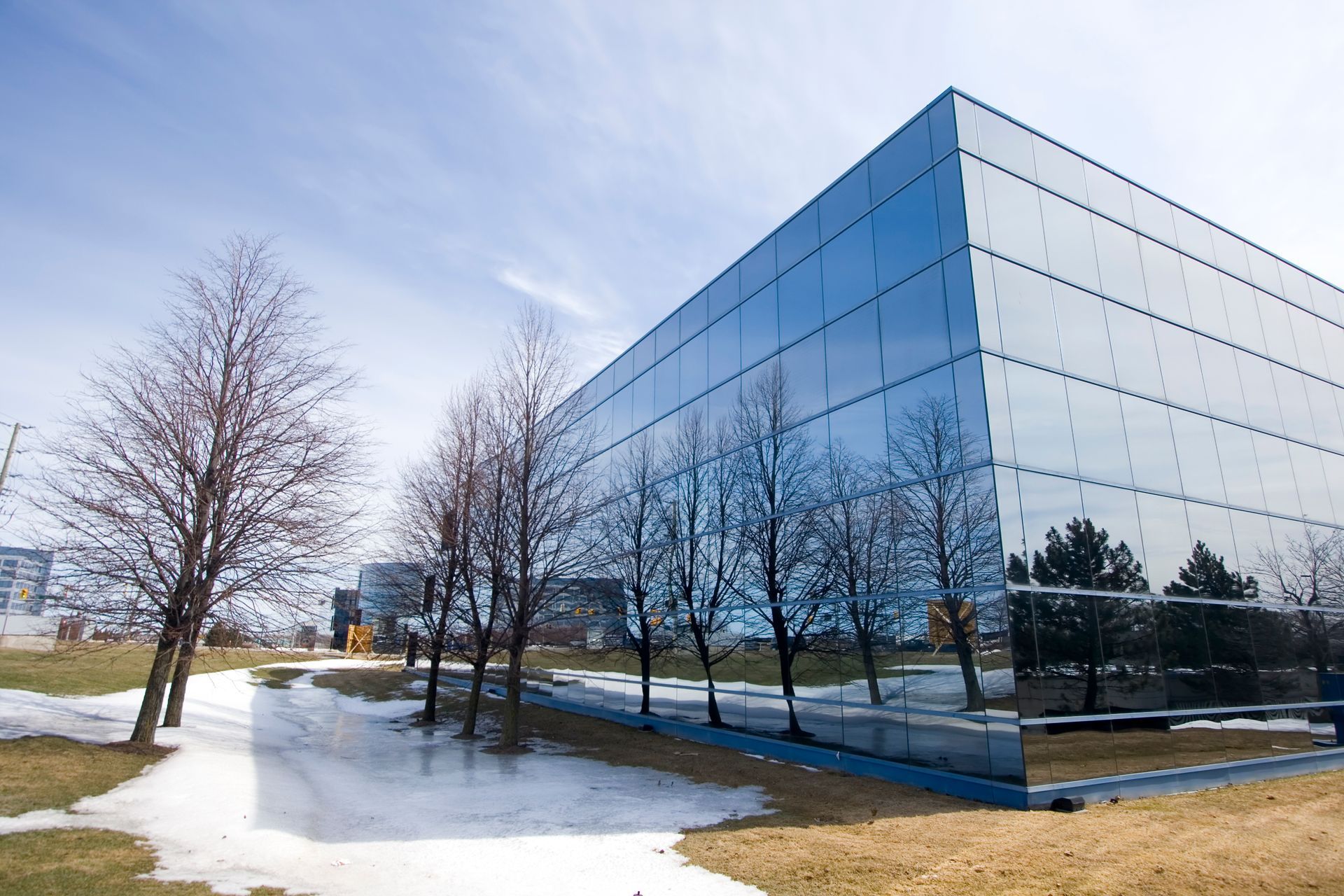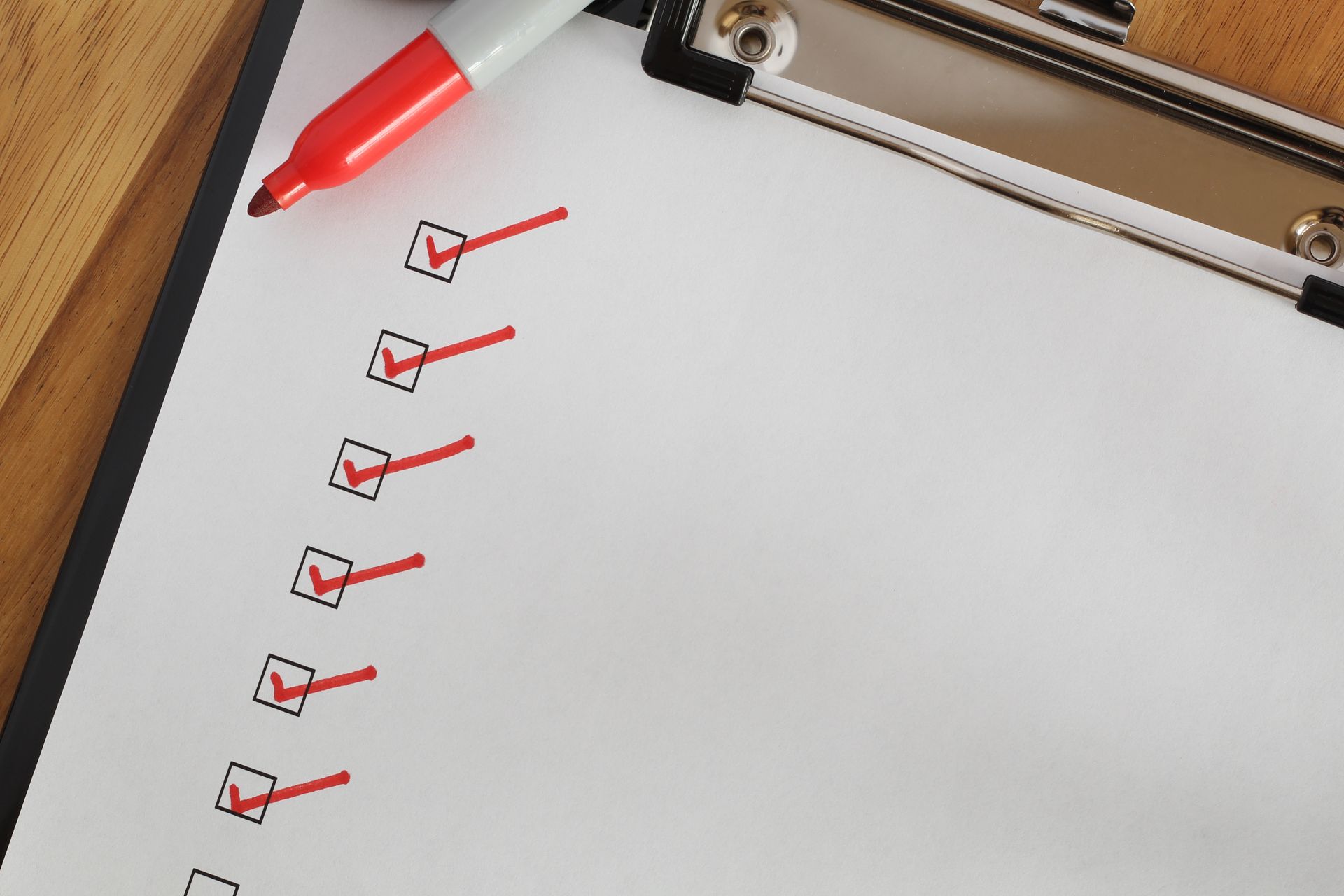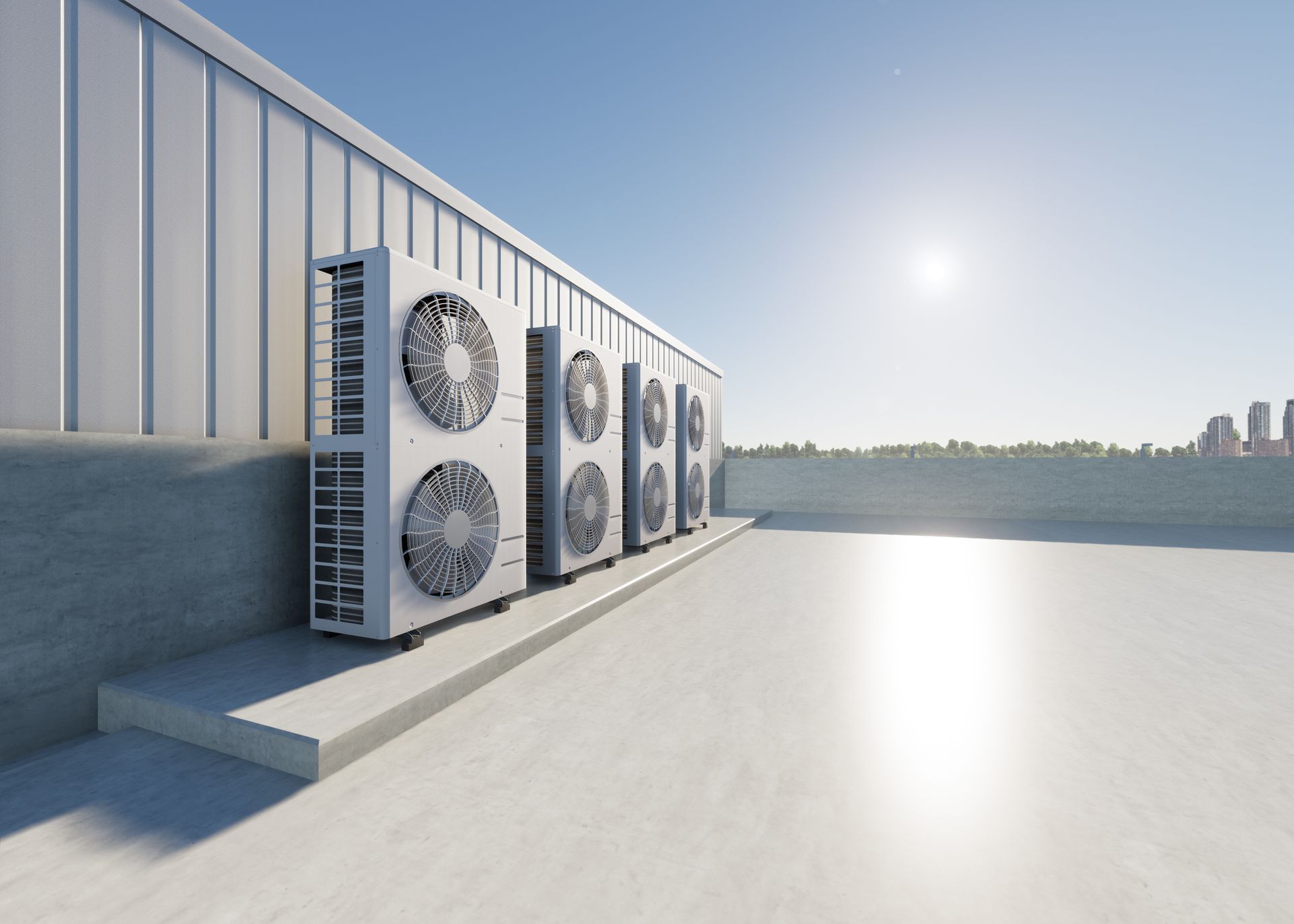Ways to Reduce Your Commercial HVAC Energy Costs
Cut Costs and Boost Efficiency: Smart Strategies for Commercial HVAC Savings
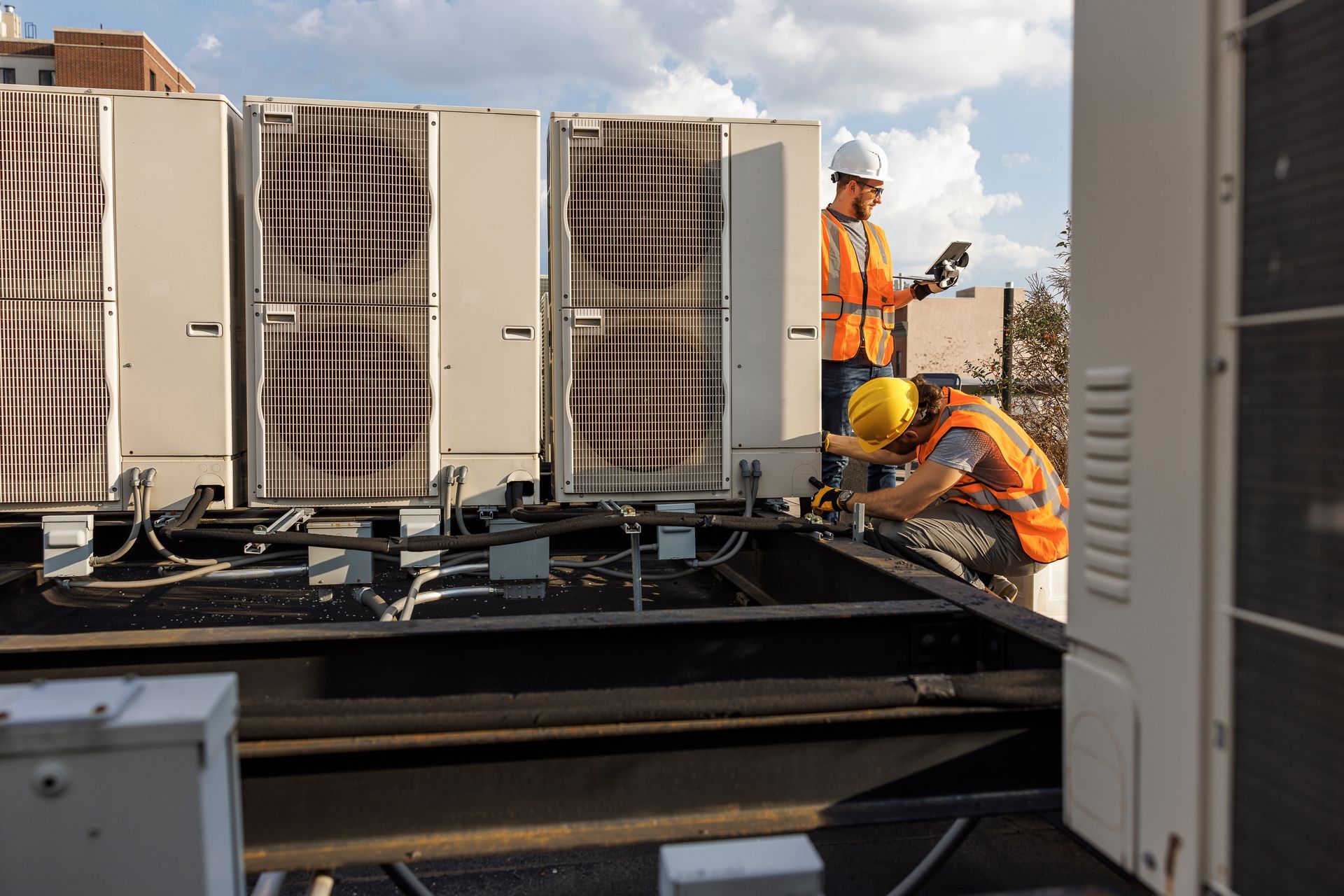
When managing a commercial property, keeping energy costs under control is crucial for maintaining a healthy bottom line. Heating, ventilation, and air conditioning (HVAC) systems often account for a significant portion of a building’s energy consumption. The good news is that with a few smart strategies, you can reduce your HVAC energy costs while keeping your business environment comfortable year-round.
1. Schedule Regular Maintenance
Regular maintenance is one of the most effective ways to keep your HVAC system running efficiently. Preventive maintenance, including cleaning coils, changing filters, and inspecting components, ensures your system operates at peak performance. A well-maintained system uses less energy and experiences fewer costly breakdowns.
2. Upgrade to a Programmable Thermostat
A programmable or smart thermostat allows you to set heating and cooling schedules based on when your building is occupied. Automatically adjusting temperatures during non-business hours can lead to significant energy savings without sacrificing comfort when it matters most.
3. Use Zoning Systems
Zoning your HVAC system enables you to control the temperature in different areas of your building independently. Instead of heating or cooling the entire space, you can focus energy only where it’s needed—especially useful for large buildings or spaces with varying occupancy.
4. Optimize Ventilation
Ensuring proper ventilation not only improves indoor air quality but also enhances HVAC efficiency. Keep vents and ducts clean and unobstructed to maintain airflow. Additionally, using energy recovery ventilators (ERVs) can help reduce the load on your HVAC system by recovering and reusing energy from exhaust air.
5. Improve Insulation
A well-insulated building retains temperature more effectively, reducing the workload on your HVAC system. Check for drafts around windows, doors, and other openings. Adding insulation to walls and roofs can help keep warm air inside during winter and cool air in during summer.
6. Implement Regular Filter Changes
Dirty filters force your HVAC system to work harder, increasing energy consumption. Establish a routine filter replacement schedule based on your system’s specifications and the level of pollutants in your environment. This simple step can make a big difference in efficiency.
7. Utilize Natural Ventilation When Possible
Take advantage of cooler outdoor temperatures by opening windows and doors when weather permits. Natural ventilation reduces the need for mechanical cooling and lowers energy costs.
8. Consider an HVAC System Upgrade
If your HVAC system is outdated, investing in a new, energy-efficient model can lead to long-term savings. Modern systems often include variable-speed motors, advanced controls, and improved energy efficiency ratings that can drastically reduce your utility bills.
9. Monitor and Analyze Energy Usage
Use energy management systems to track your building’s energy consumption. By analyzing data, you can identify trends, detect inefficiencies, and make informed decisions about where to reduce energy use.
10. Educate Your Staff
Encourage employees to be mindful of energy use. Simple actions like keeping windows and doors closed while the HVAC system is running or adjusting thermostats appropriately can contribute to overall energy savings.
Conclusion
Reducing your commercial HVAC energy costs doesn’t have to be complicated. By implementing these strategies, you can boost your building’s energy efficiency, reduce expenses, and create a more comfortable environment for employees and customers alike. If you need professional assistance with HVAC maintenance, upgrades, or energy-saving solutions, Evolution Maintenance is here to help. Contact us today to learn more about how we can support your commercial HVAC needs!
EVOLUTION MAINTENANCE COMMERCIAL HVAC BLOG
